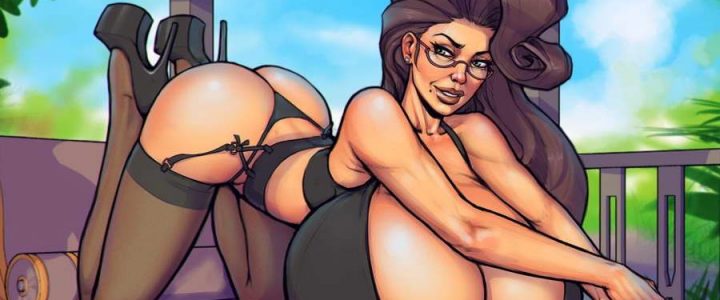Illinois, My Apologies by Justin Hamm
Reviewed by Kathleen Kirk, The Poetry Cheerleader
RockSaw Press, 2011
ISBN: 978-1-4507-4865-0
Saddle stapled, 29 pages
[out of print, but CD samples at website]
available for free download at Justin Hamm’s blog
Justin Hamm’s chapbook Illinois, My Apologies (RockSaw Press, 2011) is officially out of print, but I want to cheer it on, anyway. He’s from central Illinois, I’m from central Illinois, and the cornfield on the cover appeals to me. The chapbook came bound with a CD of the poet reading his work and a folded broadside of the poem “The Last Year on the Farm” tucked into the black string tying the book’s saddle-stapled spine. You can hear that poem and the title poem at the website of RockSaw Press, and chapbook is now available for free download at Justin Hamm’s website. Meanwhile, keep your eye out for a hard copy of Illinois, My Apologies, as it would now be a collector’s item!
The poems here are plainspoken, earnest and elegiac in tone. The title poem opens the book and reveals that this will be an encounter with place, with the cornfields and Midwestern twang of the poet’s upbringing, upon the occasion of his mother’s death. In this remarkable poem, the speaker has hit a deer with his car, a frightening and disorienting experience, and “[t]he old man [any old man, or the speaker’s father?] stepped out…like a phantasmagoric Walt Whitman” to offer comfort and wisdom:
He placed palm to my forehead
like a holy man
told a beautiful lie about death
and the natural cycle
and to listen to him was
to listen to the landscape itself
The mix of sorrow, nostalgia, regret, and, yes, apology—for leaving—continues throughout the book, though we sense that this sensitive soul indeed had to get away. In “At Sixteen,” he knows himself as “the black sheep” who
reads Boethius to the spiders
by flashlight
beneath the stairs
weeps for everything
worth weeping for
in a place where weeping
is forbidden
He needs to go where he will meet more souls like himself, so he can do his real and natural work: give voice to the place, since he has indeed listened to the landscape.
I like how, in the lovely poem “The Last Year on the Farm,” there is direct address of a “you” that might be the poet speaking to his own younger self via memory or the poet speaking to his toddler daughter, climbing into her grandfather’s lap, via witnessed moment, “enclosing in your fingers his twisted ones / and straining against the obstinacy of time / to see the same thing he was seeing.” The “obstinacy of time” is change, loss of memory, death, but the yearning to see is compassion, empathy, and love. It is cross-generational.
In the penultimate poem of Illinois, My Apologies, called “The Autobiography, Nearly,” the poet confesses to and forgives himself for “a low period,” since “empathy and compassion / always seem to evaporate” and, of course, to realize this makes him feel bad, makes us all feel bad.
And why not
why not a low period
a murderous period even
when the hurt people inflict
is like an atomic blossom
that explodes into crackling neon
on a regular cycle
but the hope they inspire
only flickers with the rarity
and intensity of a bashful firefly
on the darkest night
of the coldest Midwestern winter
This rings true: the harm we see or do spreads its poison cloud over everything, while the hope only flickers its flimsy light. Nonetheless, the acceptance and sensitivity and … Read the rest

